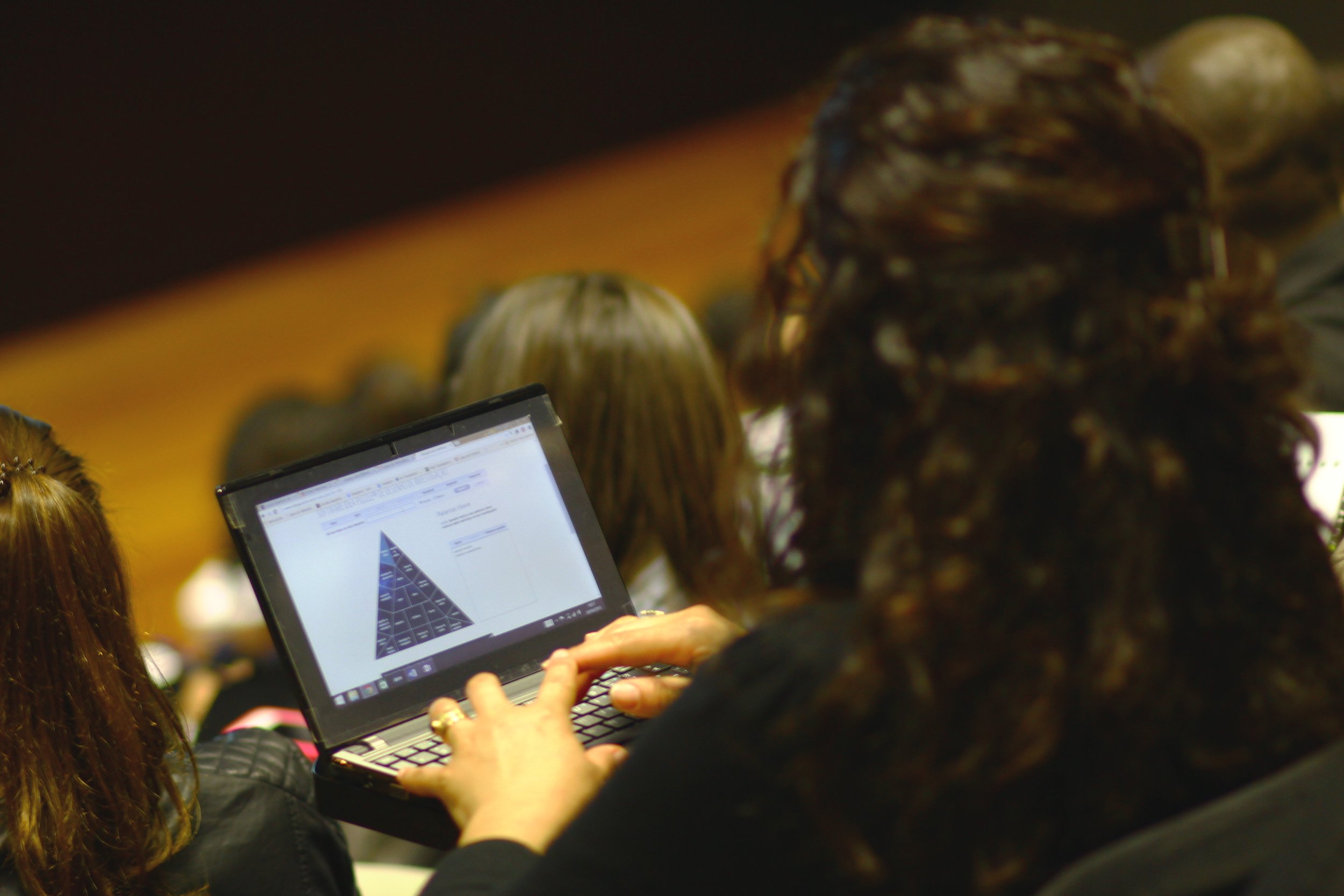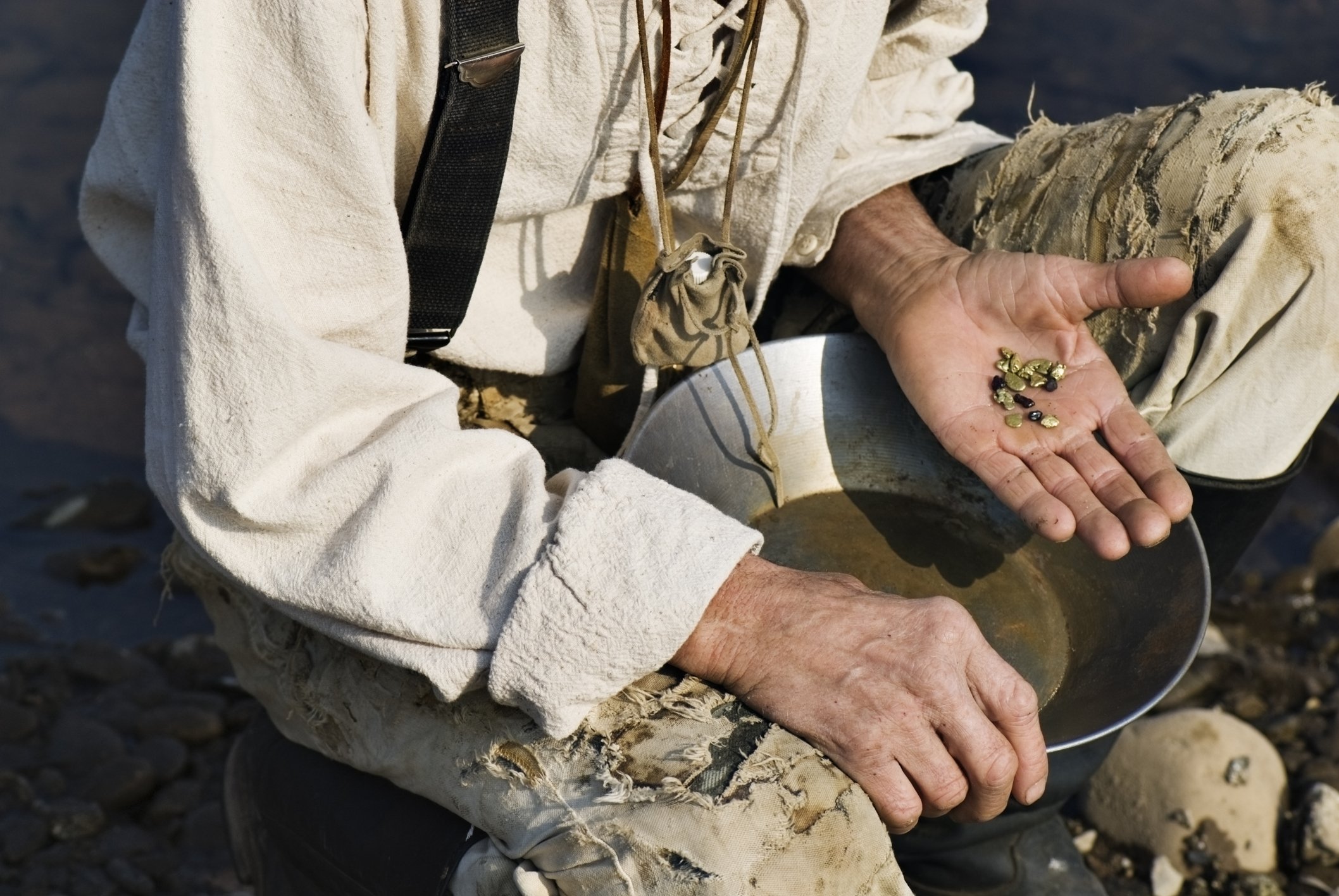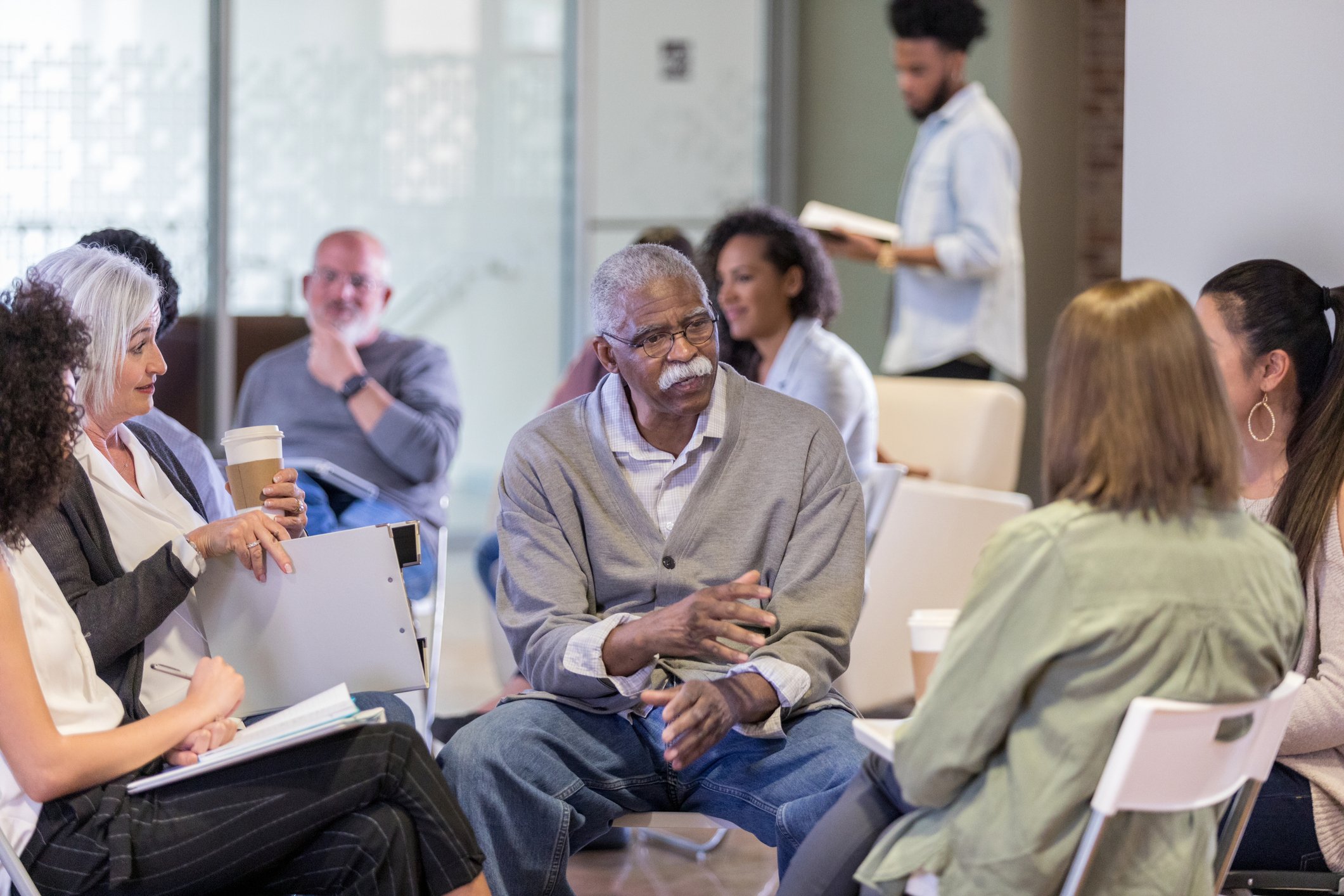Research Stages: A 2023 Recap
Looking back at 2023, find all posts here!
We explored stages of a research project, from concept to publication. In each quarter we focused on one part of the process. In this recap for the year you will find original guest posts, interviews, curated collections of open-access resources, recordings from webinars or roundtable discussions, and instructional resources.
Methods Film Fest: Researchers Share Insights
Methods Film Fest!
We can read what they write, but what do researchers say? What are they thinking about, what are they exploring, what insights do they share about methodologies, methods, and approaches? In 2023 Methodspace produced 32 videos, and you can find them all in this post!
Who identifies research problems?
Let’s begin this quarter’s exploration of research design by thinking about the research problem or topic. Who decides what to study?
Philosophy of science and doctoral research design: The case of the Idea Puzzle software.
Learn how to design and defend your PhD research with the Idea Puzzle software from Ricardo Morais.
What is randomness?
Dr. Stephen Gorard defines and explains randomness in a research context.
Creative ways to teach from Dr. Gorard
Have you seen Dr. Gorard use card tricks to teach research methods? Watch this video!
Digital Inequalities and the Online Researcher
Some of us feel that technology is everywhere, but that is not the case for everyone. Inequalities persist. What do these disparities mean for researchers?
Working with population data
Mentor in Residence Stephen Gorard explains how to use population data.
Qualitative Data Analysis: Resources about Process and Method
Margaret Roller compiled collections of articles about qualitative data analysis into useful mini e-books available for open-access download.
Design Thinking and Research
In this research conversation with Janet Salmons, Julianne Cheek and Elise Øby discuss the importance of an iterative, design-thinking approach to research.
Generating Data with Autoethnography
What is autoethnography? How do researchers study their own experiences? See this post for definitions and open-access articles that explore this qualitative method for collecting data.
Conducting Mixed Methods Research
Researchers who want to collect both qualitative and quantitative data with mixed methods will find this conversation of interest. Drs. Linda Bloomberg and Merle Werbeloff walk through the process of designing and conducting mixed methods studies.
Using an Equity Lens to Design your Research
For researchers interested in incorporating equity into their work, it all starts at the very beginning with designing the study. Learn more in this guest post!
Theorizing Through Literature Reviews: The Miner-Prospector Continuum
In the article “Theorizing Through Literature Reviews: The Miner-Prospector Continuum” Dermot Breslin and Caroline Gatrell pose an intriguing question: do you approach the literature review as a miner or as a prospector? They discuss options in an interview.
Designing Narrative Research
What are narrative methods? In this post find a description, and a collection of books and open-access exemplars that use qualitative, quantitative, and mixed methods approaches.
Sample Selection in Systematic Literature Reviews
How do decide what literature you need for a review? See this post featuring an interview Martin Hiebl and related open-access article about sample selection.
Books about Action Research Methodologies and Methods
Learn about Sage books about designing, conducting, and analyzing data for action research and other participatory methods across multiple disciplines. You will find open-access preview chapters and a discount code.
The Why and How of the Integrative Review
In this interview Dr. Matthew Cronin discusses the article he wrote with Elizabeth George, “The Why and How of the Integrative Review.”
Books about Grounded Theory Research Design
In this post you can find SAGE books that will help you learn more about grounded theory methodology.
Facilitating Community-based research – Starting with ourselves. Tips from Prof. Lesley Wood
Professor Lesley Wood is experienced with engaged, participatory research. In this post she offers researchers advice about how to think about your role.




















